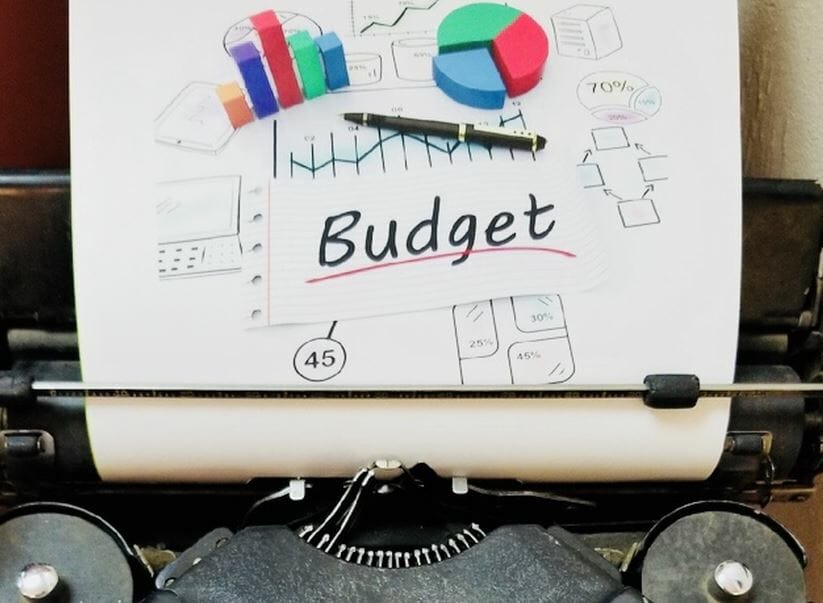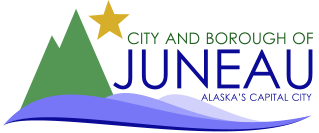
Budget season: Why you should care
The snow is melting, flowers are starting to come up, it’s springtime in Juneau and that means it’s city budget season. It’s the time of year when the Assembly and city staff work with the public to come up with CBJ’s budget for the coming year. It’s an important process that the public usually pays scant attention to, perhaps because of perceived complexity of the process or the budget itself. Admittedly it’s a dry topic, but the public should care because every city expenditure is provided for in the budget – everything from funds for employee salaries to buying vehicles and equipment, from funds for emptying public trash cans to defending the city against litigation, funds for operating facilities to funds for plowing snow and fixing streets.
On Wednesday, April 4, the City Manager will present the preliminary budget for fiscal years 2019 and 2020 during a Special Juneau Assembly meeting at 5:30 p.m. in City Hall Chambers followed by an Assembly Finance Committee meeting. The Assembly then meets in Assembly Finance Committee every Wednesday night for about two months and takes public input, hears requests for additional funding and grapples with balancing the provision of public services against the need to charge property taxes to pay the cost of those services. The public has a chance to weigh in on Wednesday, April 25 during a Special Assembly Meeting at 5:30 p.m. held specifically to gather public input.
The municipal budget provides funding for all city services, including the Hospital, Airport, School District, Docks & Harbors and Eaglecrest, as well as capital improvement projects. All told, the budget exceeds $330 million, and includes a municipal services budget of about $67 million.
To make the best budgets possible, city staff and the Assembly constantly try to read the economic tea leaves of the Juneau economy. In short, the outlook is stable. Sales and property tax projected revenues are modestly increasing, the tourism sector projects significant growth in cruise ship visitation and mineral development appears to be stable. The private sector activity is also stable, except for weakness in the construction industry, and continues to play a larger role in the economy as government employment and capital funding contract.
The budget is scheduled to be adopted in early June and the new fiscal year starts July 1. And though the budget process is officially complete, the Assembly spends much of its time throughout the year controlling the budget and working on policy direction for expenditures. Assembly meetings typically include the appropriation of new grants and the reallocation of unspent funds from activities that have been completed. Rarely are there supplemental appropriations, which is a sign of a good budget and evidence that the programs are managing their funds. This continued Assembly involvement is required because the City and Borough of Juneau Charter requires that no expenditures be made unless they are authorized by an ordinance. Only the Assembly can pass ordinances; it is the body’s tool for controlling and deciding how and when to open the purse strings of the treasury. The work in the next couple months culminates in the adoption of the budget by ordinance – the Assembly’s most important action of the year.
The budget is large, complicated and encompasses many programs, but it can easily be distilled down and city staff are always available to answer questions and provide budget resources. One is CBJ’s budget website, an easy-to-read resource for all things budget-related. An informed and engaged public is a necessary part of a good budget process – government works best when it regularly hears from its citizens. Do your part!
